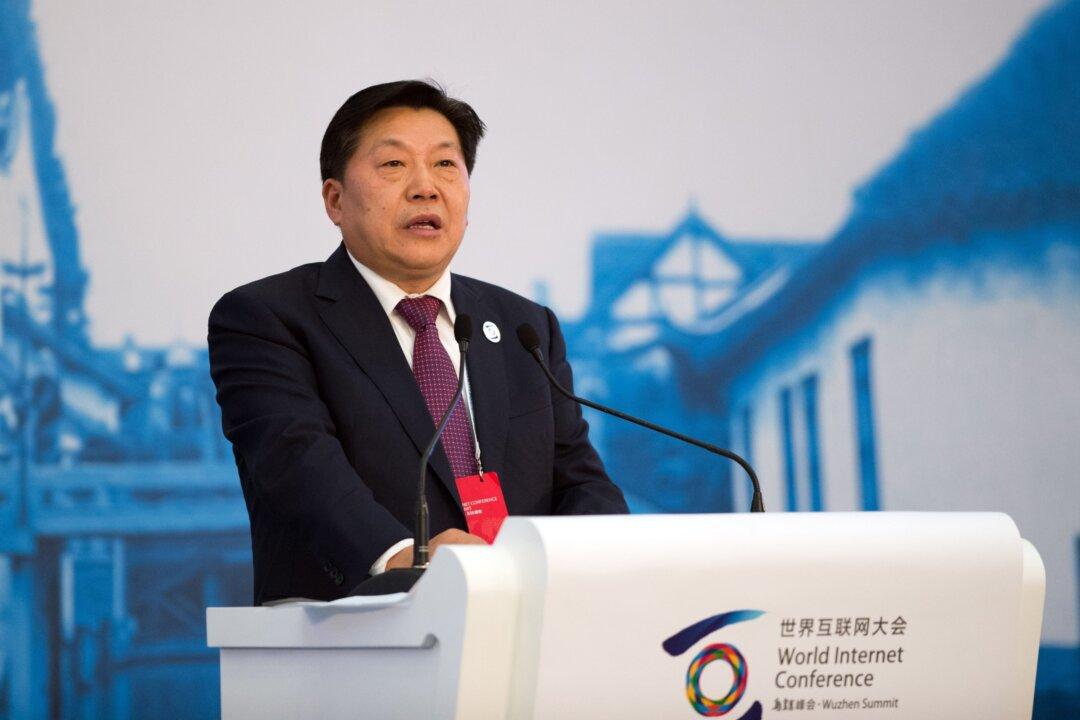BEIJING—China’s former internet chief, Lu Wei, pleaded guilty in court on Oct. 19 of taking millions of dollars in bribes, after prosecutors accused him of abusing his power in various government posts over 15 years.
The ruling Communist Party’s anti-corruption watchdog said in November that Lu, who once headed the powerful Cyberspace Administration of China, was under investigation for serious discipline breaches.





